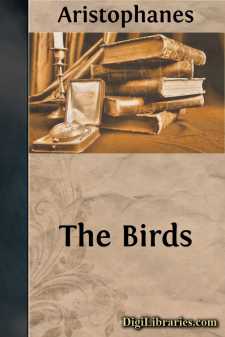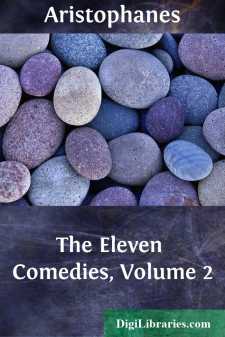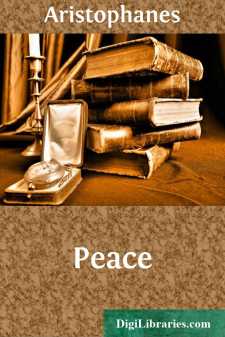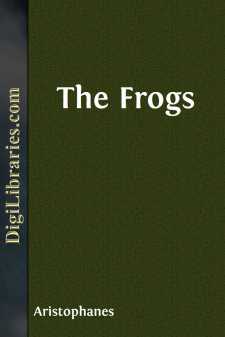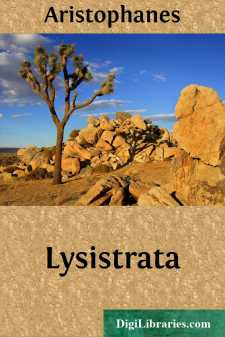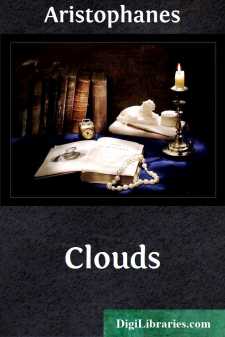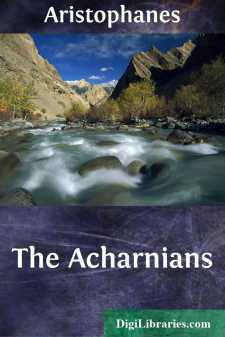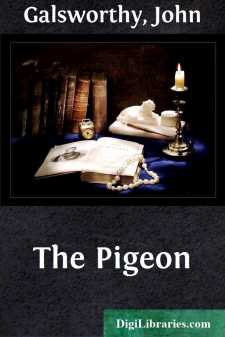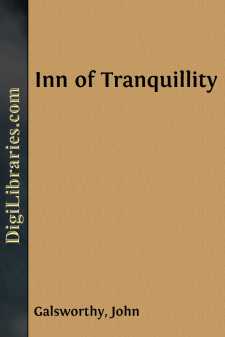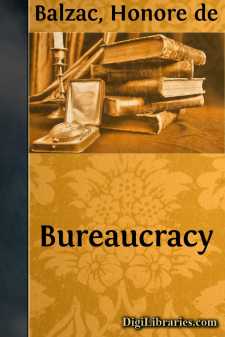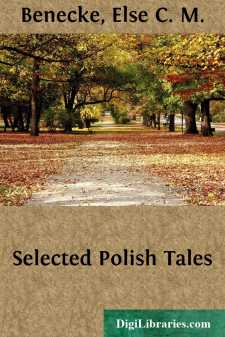Categories
- Antiques & Collectibles 13
- Architecture 36
- Art 48
- Bibles 22
- Biography & Autobiography 813
- Body, Mind & Spirit 138
- Business & Economics 28
- Children's Books 12
- Children's Fiction 9
- Computers 4
- Cooking 94
- Crafts & Hobbies 4
- Drama 346
- Education 46
- Family & Relationships 57
- Fiction 11821
- Games 19
- Gardening 17
- Health & Fitness 34
- History 1377
- House & Home 1
- Humor 147
- Juvenile Fiction 1873
- Juvenile Nonfiction 202
- Language Arts & Disciplines 88
- Law 16
- Literary Collections 686
- Literary Criticism 179
- Mathematics 13
- Medical 41
- Music 40
- Nature 179
- Non-Classifiable 1768
- Performing Arts 7
- Periodicals 1453
- Philosophy 64
- Photography 2
- Poetry 896
- Political Science 203
- Psychology 42
- Reference 154
- Religion 505
- Science 126
- Self-Help 81
- Social Science 81
- Sports & Recreation 34
- Study Aids 3
- Technology & Engineering 59
- Transportation 23
- Travel 463
- True Crime 29
The Birds
by: Aristophanes
Categories:
Description:
Excerpt
INTRODUCTION
'The Birds' differs markedly from all the other Comedies of Aristophanes which have come down to us in subject and general conception. It is just an extravaganza pure and simple—a graceful, whimsical theme chosen expressly for the sake of the opportunities it afforded of bright, amusing dialogue, pleasing lyrical interludes, and charming displays of brilliant stage effects and pretty dresses. Unlike other plays of the same Author, there is here apparently no serious political MOTIF underlying the surface burlesque and buffoonery.
Some critics, it is true, profess to find in it a reference to the unfortunate Sicilian Expedition, then in progress, and a prophecy of its failure and the political downfall of Alcibiades. But as a matter of fact, the whole thing seems rather an attempt on the dramatist's part to relieve the overwrought minds of his fellow-citizens, anxious and discouraged at the unsatisfactory reports from before Syracuse, by a work conceived in a lighter vein than usual and mainly unconnected with contemporary realities. The play was produced in the year 414 B.C., just when success or failure in Sicily hung in the balance, though already the outlook was gloomy, and many circumstances pointed to impending disaster. Moreover, the public conscience was still shocked and perturbed over the mysterious affair of the mutilation of the Hermae, which had occurred immediately before the sailing of the fleet, and strongly suspicious of Alcibiades' participation in the outrage. In spite of the inherent charm of the subject, the splendid outbursts of lyrical poetry in some of the choruses and the beauty of the scenery and costumes, 'The Birds' failed to win the first prize. This was acclaimed to a play of Aristophanes' rival, Amipsias, the title of which, 'The Comastoe,' or 'Revellers,' "seems to imply that the chief interest was derived from direct allusions to the outrage above mentioned and to the individuals suspected to have been engaged in it."
For this reason, which militated against its immediate success, viz. the absence of direct allusion to contemporary politics—there are, of course, incidental references here and there to topics and personages of the day—the play appeals perhaps more than any other of our Author's productions to the modern reader. Sparkling wit, whimsical fancy, poetic charm, are of all ages, and can be appreciated as readily by ourselves as by an Athenian audience of two thousand years ago, though, of course, much is inevitably lost "without the important adjuncts of music, scenery, dresses and what we may call 'spectacle' generally, which we know in this instance to have been on the most magnificent scale."
The plot is this. Euelpides and Pisthetaerus, two old Athenians, disgusted with the litigiousness, wrangling and sycophancy of their countrymen, resolve upon quitting Attica. Having heard of the fame of Epops (the hoopoe), sometime called Tereus, and now King of the Birds, they determine, under the direction of a raven and a jackdaw, to seek from him and his subject birds a city free from all care and strife....


